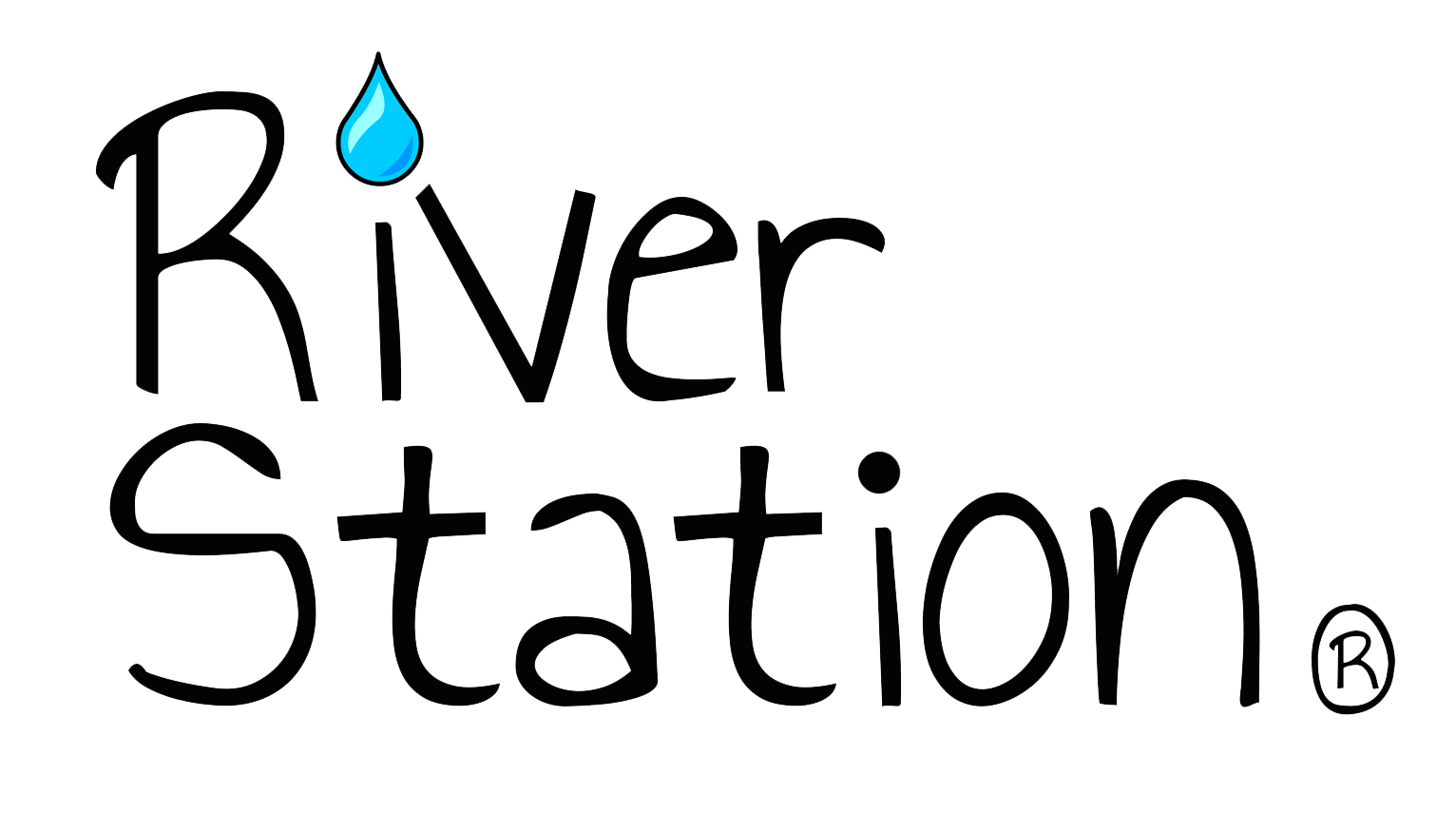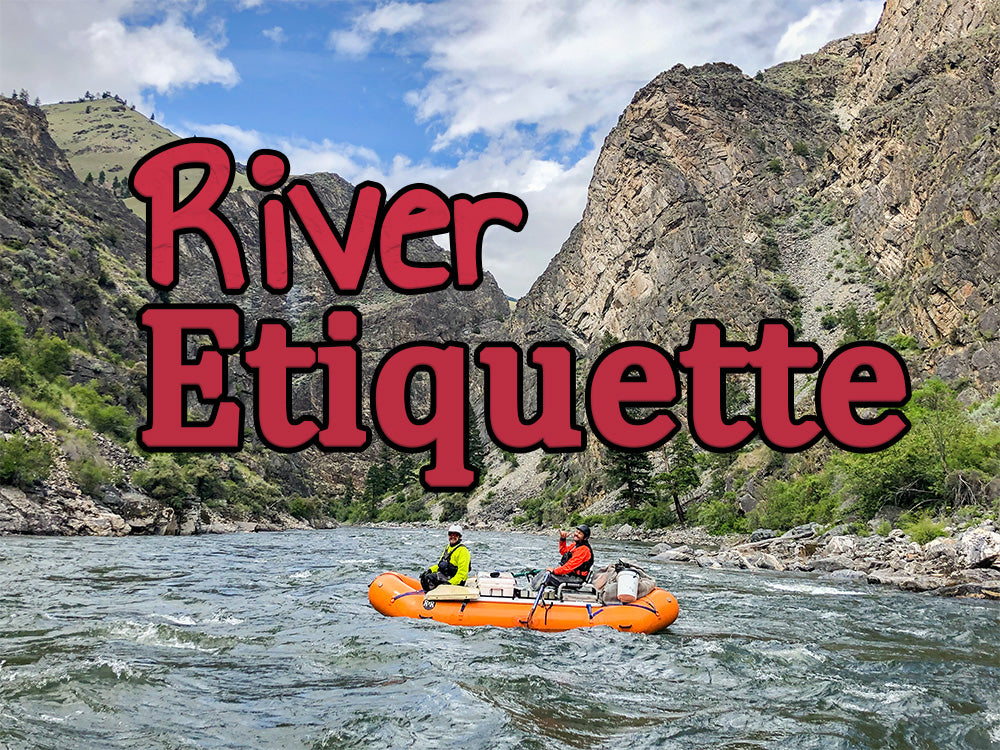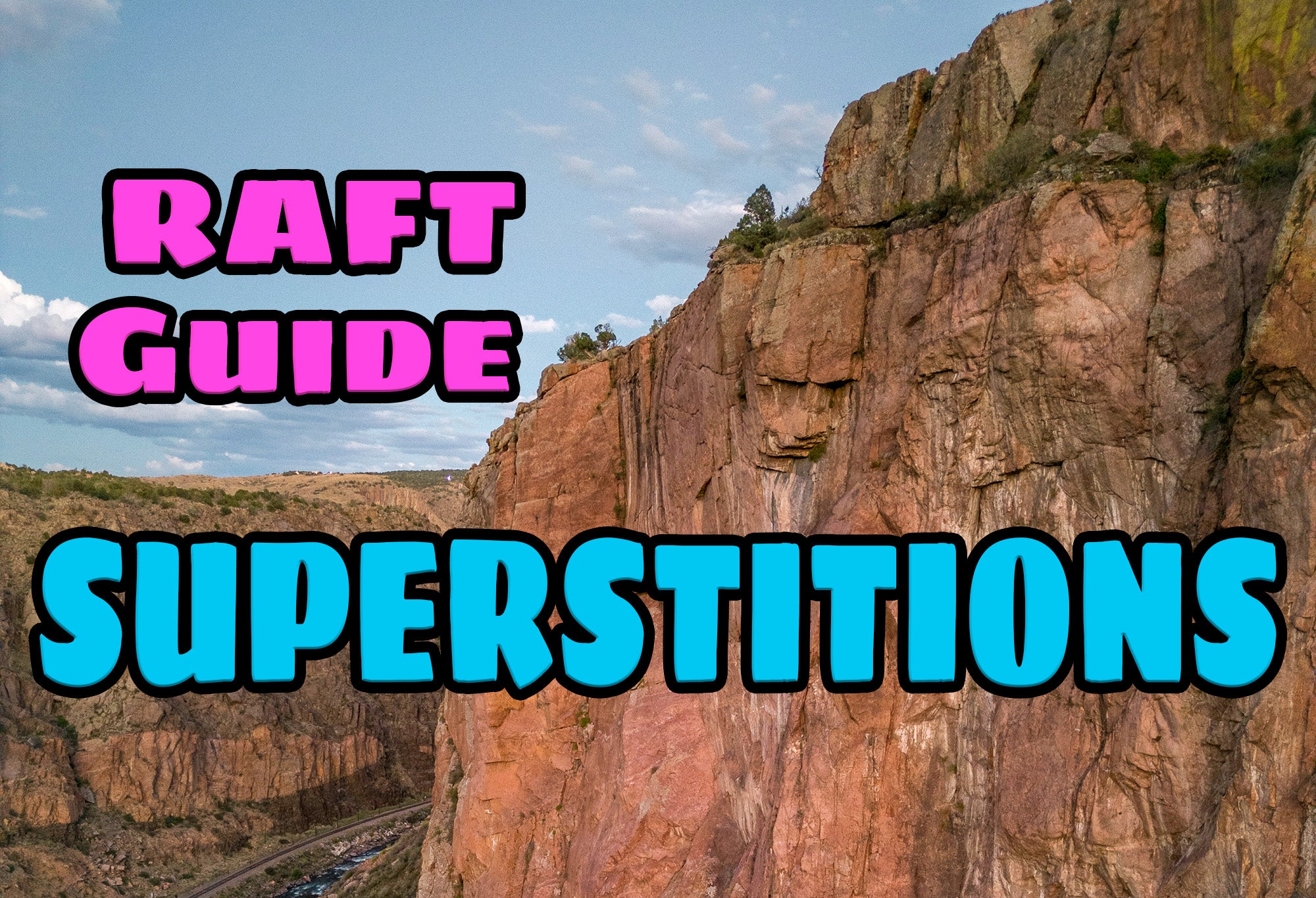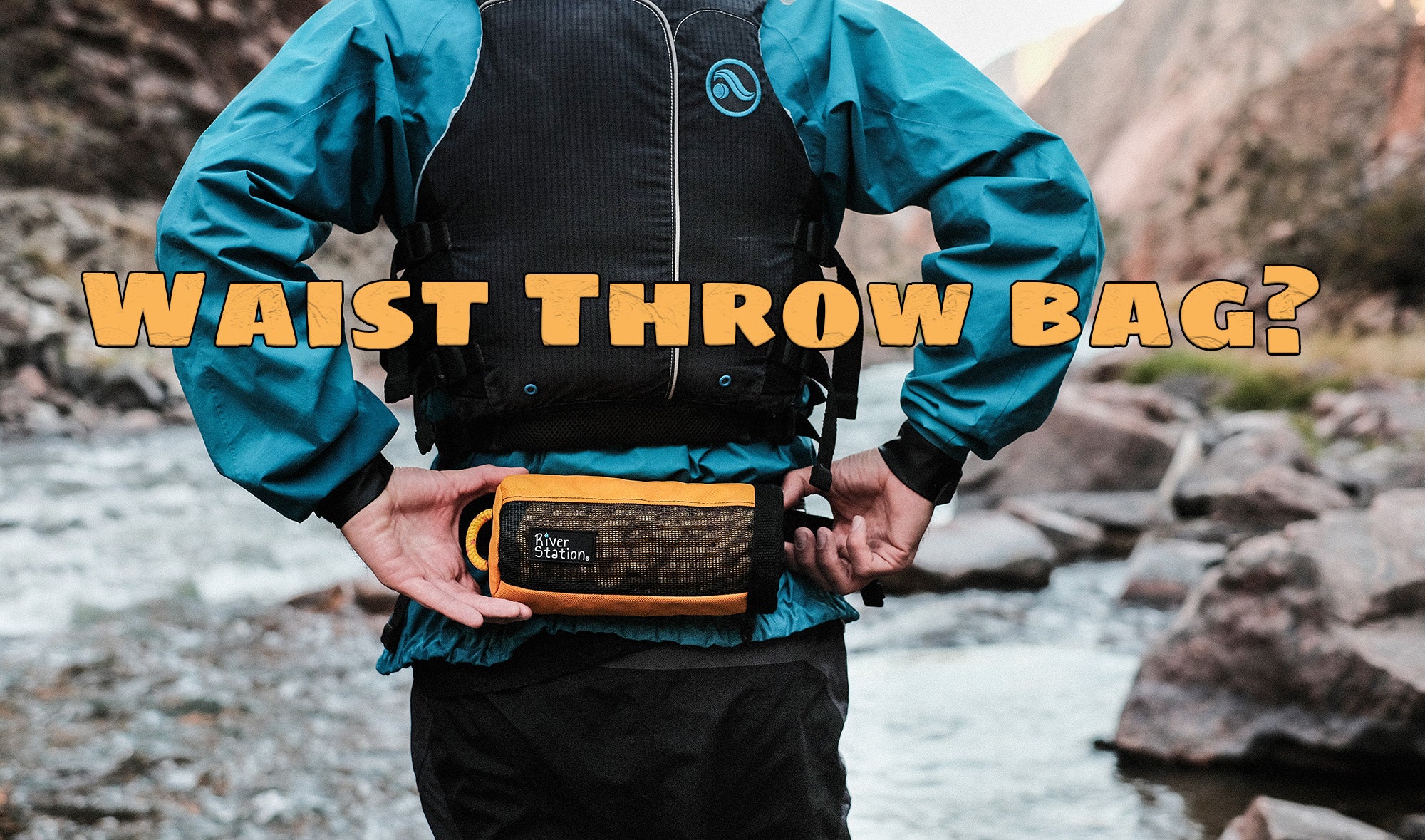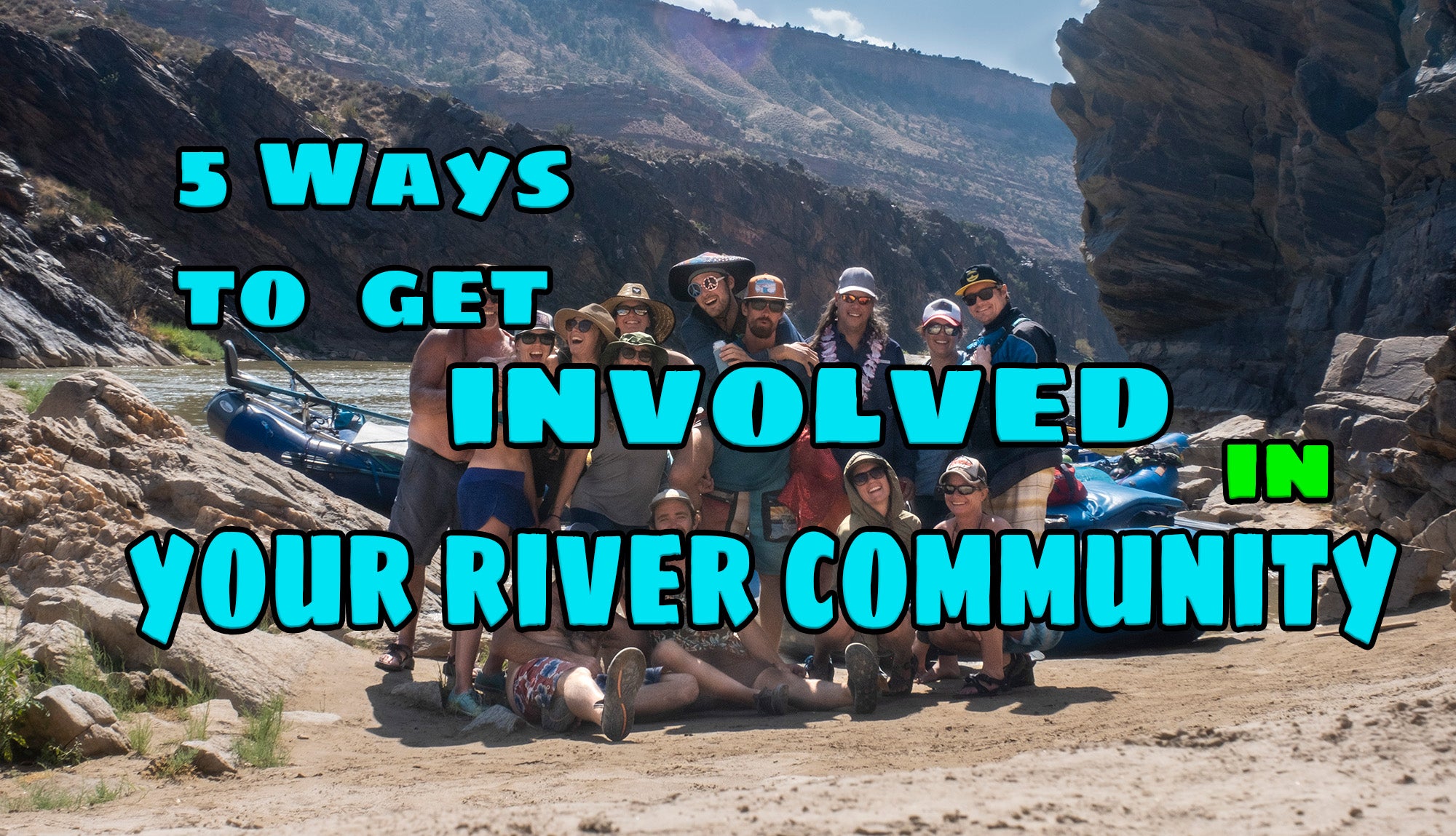The Whitewater Blog
We all rely on each other to stay safe on the river. Sometimes this means setting safety for other groups. Setting safety involves waiting at the bottom of a rapid for the group behind you to make it through, and it often happens without asking or communicating about it.
When you see another group behind you, pull over, get your throw bag ready, and watch them run the rapid. Once they’ve made it, they’ll likely wait for the group behind them. Of course, if they don’t make it, you might have to jump into action to help get a boat, kayak, or people out of the water.
“A river seems a magic thing. A magic, moving, living part of the very earth itself. -Laura Gilpin
Those of us working on the river every day feel this magic power better than anyone. Sometimes it doesn't matter how many times you’ve run a rapid; the river has other plans. The mysterious nature of the river has given rise to various superstitions. Here are a few river rat superstitions you would be wise to abide by.
Should You Have a Waist Throw Bag?
5 Ways to get Involved in your Local Whitewater Community
